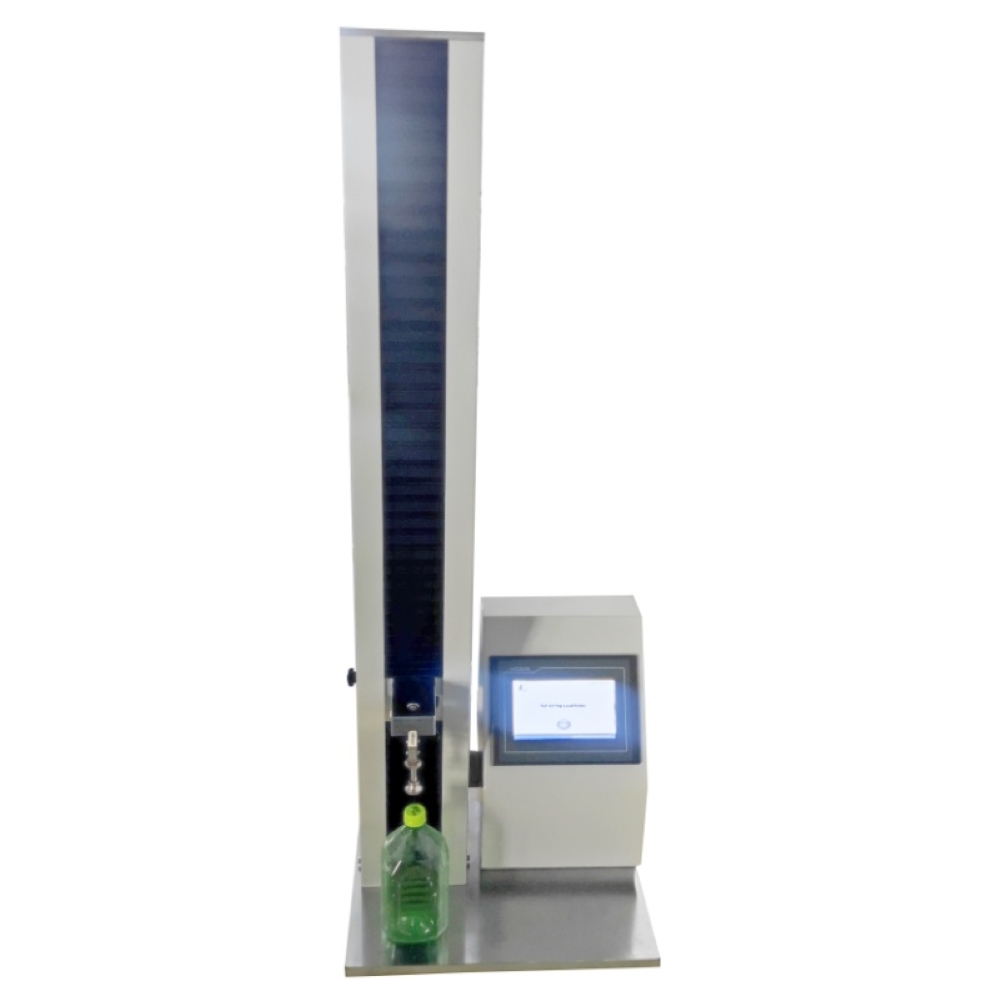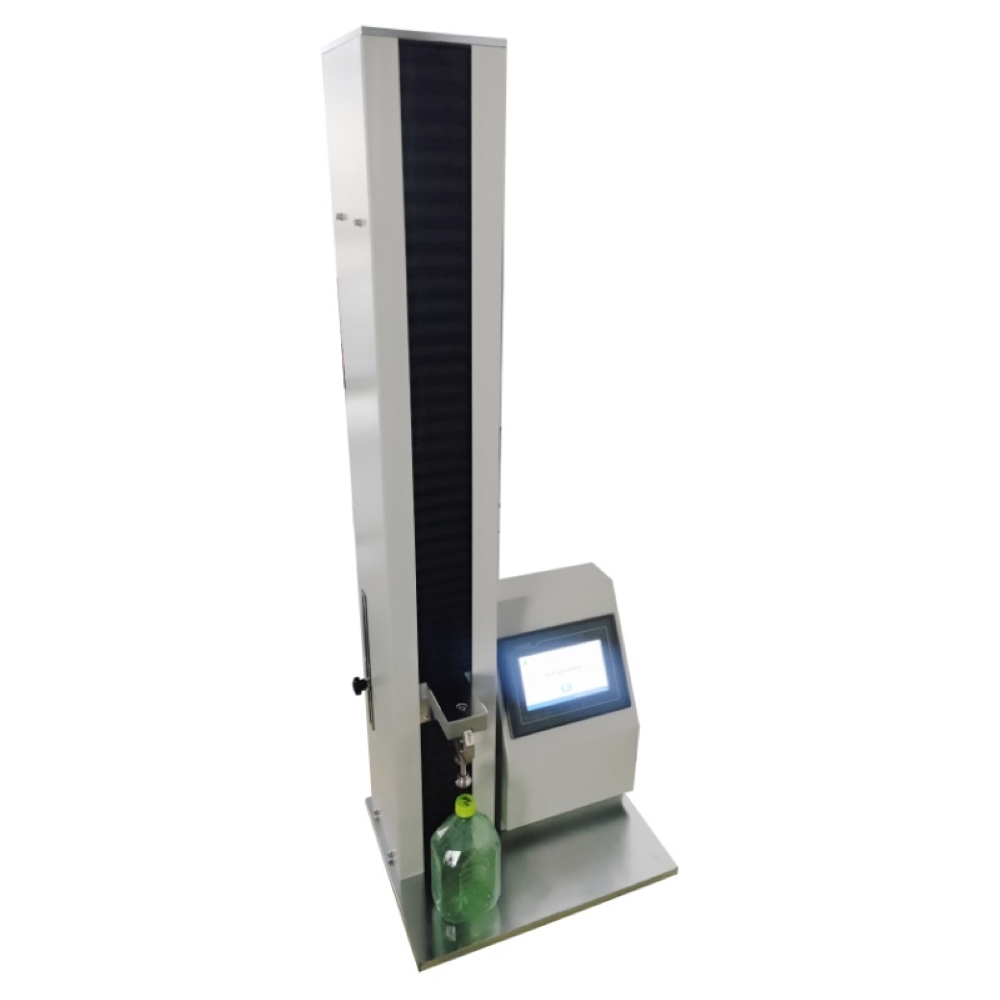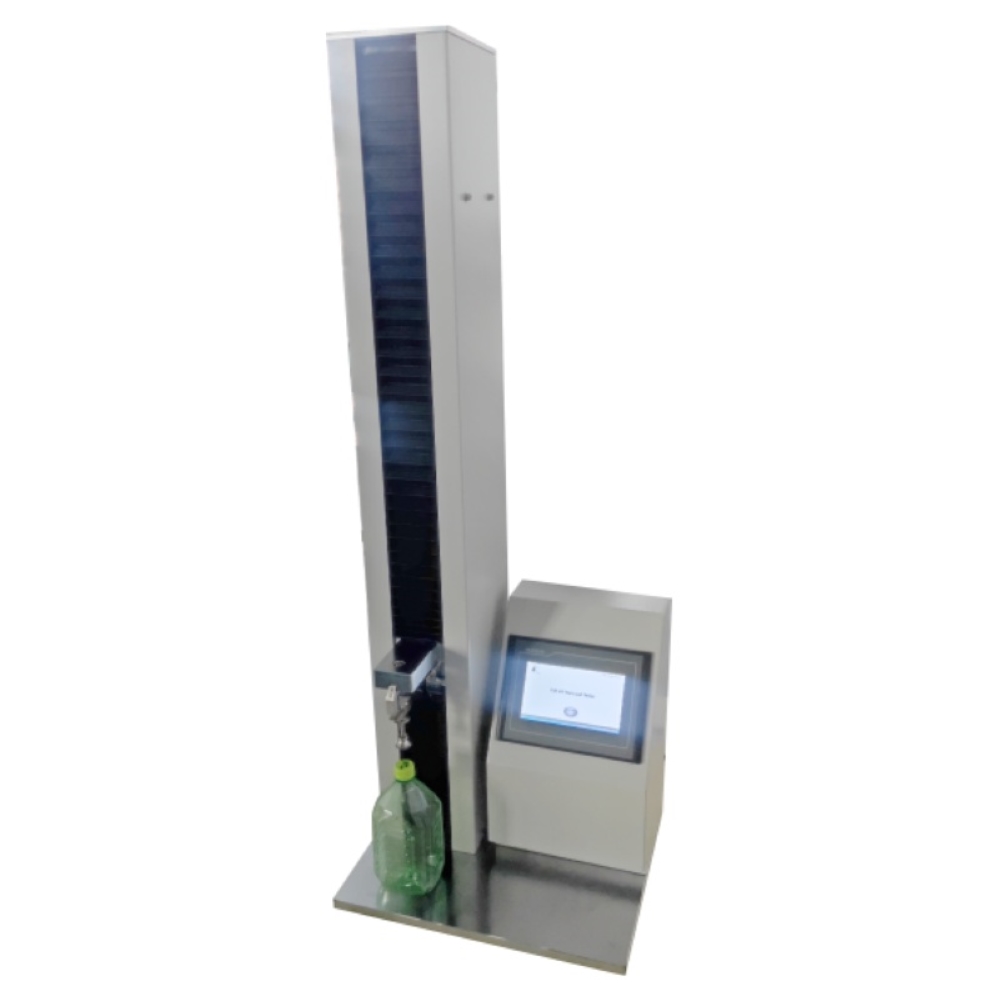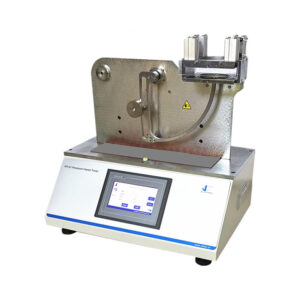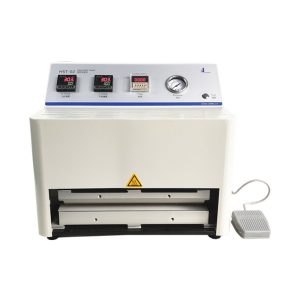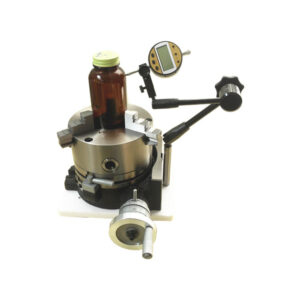La máquina de prueba de carga superior de contenedores es una solución avanzada diseñada para evaluar la integridad estructural y la resistencia a la compresión de diversos envases. Al medir con precisión la capacidad de carga de envases como botellas, frascos, cartones y cajas, esta máquina ayuda a los fabricantes a garantizar que sus productos resistan las tensiones de apilamiento, envío y almacenamiento sin deformarse ni colapsar. Con esta máquina, Cell Instruments ofrece una solución de primer nivel para industrias como la alimentaria, la farmacéutica y la de bienes de consumo, donde la durabilidad del envase es fundamental para la seguridad y la calidad del producto.
Importancia de las pruebas de carga superior en el embalaje
En los envases modernos, garantizar la resistencia y la fiabilidad de los contenedores es esencial. Las pruebas de carga superior verifican que los contenedores puedan soportar las fuerzas de compresión que se producen durante el apilado y el transporte, lo que protege el producto en su interior y evita daños costosos, devoluciones y sustituciones. Además, estas pruebas ayudan a los fabricantes a optimizar el diseño de los envases y el uso de los materiales, lo que promueve la rentabilidad y la sostenibilidad, al tiempo que se mantiene la calidad y la reputación de la marca.
Norma ASTM D2659
ASTM D2659 es una norma clave para evaluar la resistencia a la compresión de los contenedores de plástico rígido. Proporciona métodos estandarizados para evaluar qué tan bien estos contenedores soportan cargas de arriba hacia abajo, una medida esencial para garantizar la integridad estructural y el rendimiento.
- Métodos de prueba ASTM D2659: Siguiendo las pautas ASTM D2659, la prueba de carga superior aplica una fuerza de compresión controlada a la parte superior del contenedor, que aumenta gradualmente hasta que se produce una deformación o falla. Este método ofrece datos críticos sobre la tolerancia de carga máxima, lo que ayuda a garantizar que los contenedores cumplan con los estándares de seguridad y rendimiento de la industria.
- Beneficios del cumplimiento: El cumplimiento de la norma ASTM D2659 aumenta la confiabilidad y el cumplimiento normativo, brindando a los fabricantes y consumidores confianza en la durabilidad del embalaje.
Características técnicas clave de la máquina de prueba de carga superior de contenedores
Diseñada para brindar precisión, conveniencia y adaptabilidad, la máquina de prueba de carga superior de contenedores está equipada con funciones avanzadas para cumplir con diversos requisitos de prueba.
- Control y visualización avanzados:
- La máquina cuenta con una pantalla táctil HMI de 7 pulgadas para una interacción fluida con el usuario y facilidad operativa.
- Opera bajo un sistema de control PLC, que ofrece estabilidad y eficiencia de grado industrial.
- Precisión y flexibilidad:
- Con un husillo de bolas de precisión, la máquina logra un control exacto sobre la velocidad y el desplazamiento, proporcionando resultados confiables y repetibles.
- La velocidad de prueba ajustable permite a los usuarios adaptar las condiciones de prueba a sus materiales y estándares específicos.
- Múltiples formas y tamaños de placas de compresión compatibles ofrecen flexibilidad para diversos tipos y dimensiones de contenedores.
- Características de seguridad y conveniencia:
- La protección contra sobrecarga incorporada y las funciones de retorno automático garantizan la seguridad operativa y la facilidad de uso.
- La microimpresora opcional y el puerto de salida de datos RS232 permiten un registro y generación de informes de datos eficientes, con software profesional para un análisis de datos integral.
Programas de pruebas únicos para un análisis exhaustivo
La máquina de prueba de carga superior de contenedores está equipada con programas de prueba especializados, cada uno diseñado para diferentes requisitos de análisis:
- Prueba de carga máxima: Mide la fuerza de compresión máxima que puede soportar un contenedor.
- Prueba de carga de deformación fija: Evalúa la capacidad de carga cuando el contenedor alcanza un nivel de deformación específico.
- Prueba de carga fija: Mide el grado de deformación del contenedor bajo una carga constante.
- Prueba de compresión simple y cíclica: Permite el análisis de compresión única o ciclos de compresión repetidos para pruebas de resiliencia estructural en profundidad.
Especificaciones técnicas
| Campo de pruebas | 0-1000 N (o según sea necesario) |
| Altura de la muestra | 700 mm |
| Diámetro de la muestra | 120 mm máximo |
| Prueba de velocidad | 1 ~ 500 mm/min |
| Precisión de desplazamiento | 0,01 mm |
| Precisión de fuerza | 0.5% Escala completa |
| Control | Pantalla de PLC y HMI |
| Salida de datos | Pantalla, Microimpresora (opcional), RS232 (opcional) |
| Fuerza | 110 ~ 220 V, 50/60 Hz |
Cumplimiento de normas adicionales
Además de ASTM D2659, la máquina de prueba de carga superior de contenedores admite pruebas que cumplen con varias otras normas para satisfacer diversas necesidades de la industria:
- Norma ASTM D4577: Directrices para la evaluación de la resistencia a la compresión de envases y embalajes.
- ASTM D642: Métodos para evaluar la resistencia a la compresión de materiales de embalaje.
- ISO 8113: Especifica la prueba de resistencia a la compresión de carga superior para contenedores rígidos.
- ASTM D4169: Proporciona procedimientos de pruebas de rendimiento para contenedores de envío y sistemas de embalaje.
Preguntas frecuentes (FAQ)
- ¿Qué tipos de contenedores se pueden probar con esta máquina?
La máquina puede probar diversos contenedores como botellas, frascos, cartones y cajas de plástico, vidrio u otros materiales rígidos, de hasta 120 mm de diámetro y 700 mm de altura. - ¿Cómo garantiza esta máquina el cumplimiento de la norma ASTM D2659?
La máquina está diseñada para seguir los métodos de prueba ASTM D2659, aplicando fuerzas de compresión incrementales controladas y registrando la capacidad máxima de carga y deformación, lo que garantiza la precisión en el cumplimiento de la norma. - ¿Se pueden ajustar los parámetros de prueba?
Sí, los parámetros de prueba, incluida la velocidad de prueba y la altura de la muestra, se pueden ajustar para adaptarse a distintos tamaños de contenedores y requisitos de prueba. - ¿Es posible integrar esta máquina con un software de gestión de datos?
Sí, la máquina ofrece un puerto de datos RS232 para una integración perfecta con sistemas de software, mejorando las capacidades de registro y análisis de datos. - ¿Con qué frecuencia se debe calibrar la máquina?
Se recomienda una calibración regular según la frecuencia de uso, generalmente una vez al año, para mantener una precisión y un cumplimiento óptimos.
Instrumentos celulares Máquina de prueba de carga superior de contenedores está diseñado para brindar precisión, confiabilidad y flexibilidad para satisfacer una amplia gama de necesidades de prueba. Con opciones de personalización, se adapta fácilmente a los requisitos únicos del cliente, incluidas las necesidades de prueba especiales y la transformación de la automatización. Los usuarios se benefician de la orientación experta sobre la configuración, el cumplimiento de las normas ASTM y la interpretación de datos, lo que garantiza una integración eficiente en los flujos de trabajo de control de calidad.

